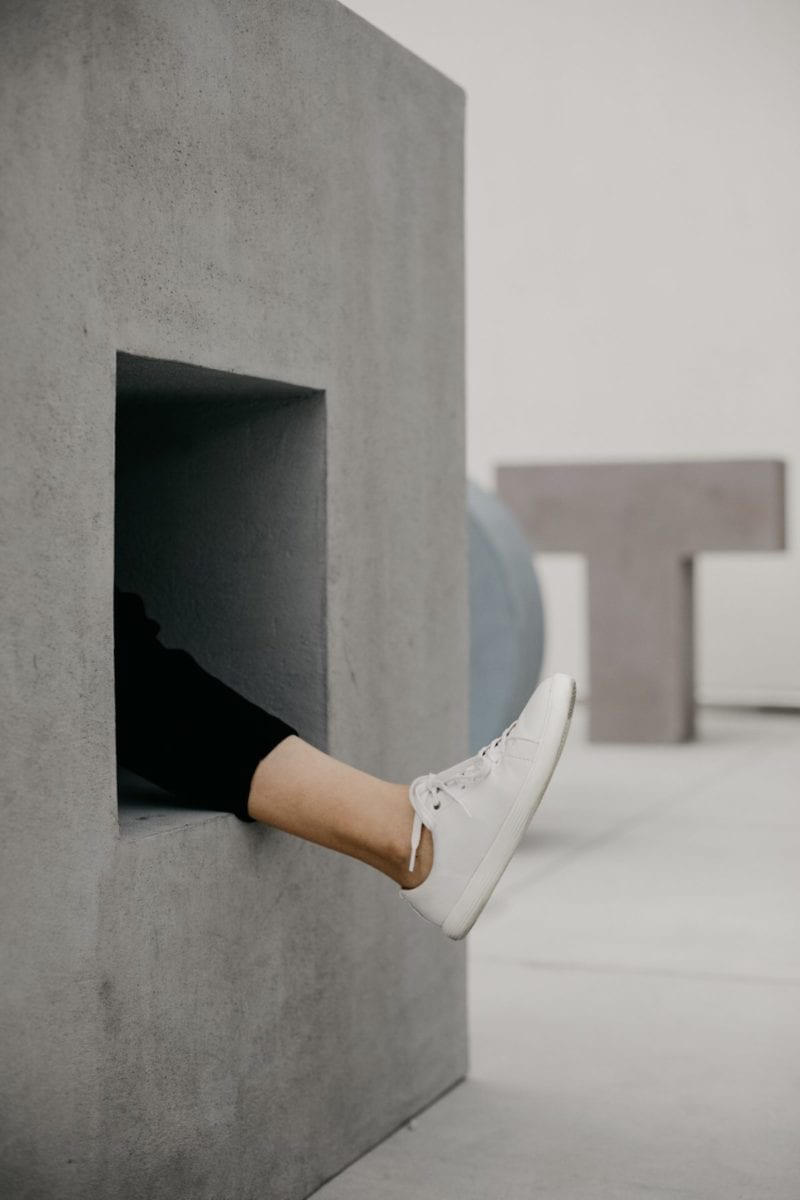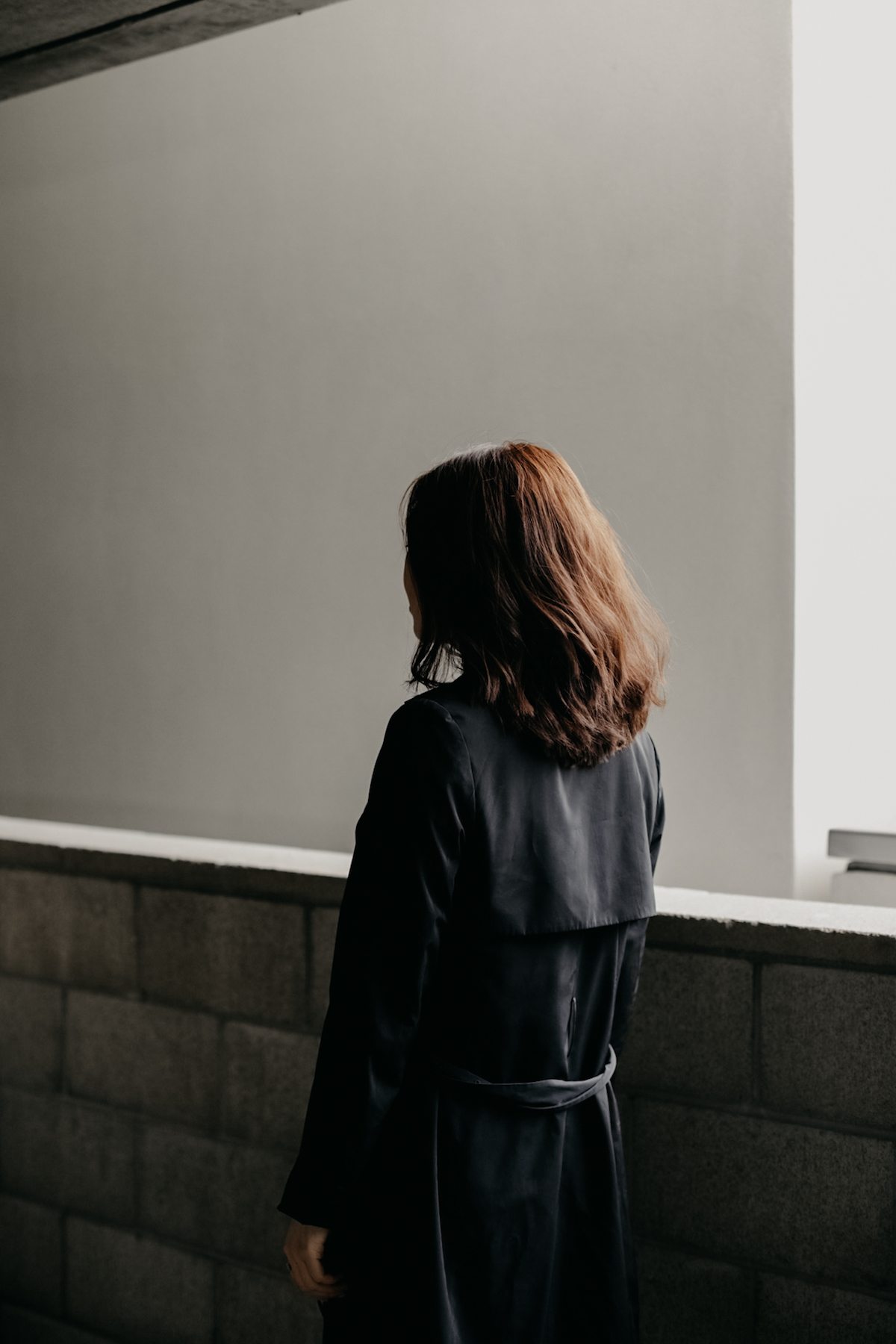How many of us have thought, if I earn this much, I’ll be happier or if I owned that thing, I’ll be happier?
I’m willing to gamble more than a few.
So it’s refreshing that in recent years, as a society, we’ve started to move away from the idea that economic success, wealth and possessions are signs of achievement or the sole items responsible for our happiness.
Instead, we’re turning to other countries and their unique concepts of happiness beyond wealth. We’ve long turned to yoga and meditation for finding a center, and the sudden craze for the Danish concept of hygge is another great example of this search. Different cultures can offer a valuable alternative perspective on what happiness is, or could be. They offer us insights we might not otherwise consider and ikigai appears to be the next concept to take us by storm.
A new concept on the secret of a happy life.
Ikigai (pronounced ee-key-guy) is a wonderful Japanese concept that essentially means “a reason for being.” It’s made from two Japanese words: iki, meaning “life” and kai, meaning “effect, result, worth or benefit.” Combined: “a reason for living.”
Isn’t that rather beautiful?
Examples of ikigai are often related to aspects of social identity — including work and family life — but it’s often explained as something more than that. It’s the idea of seeking a purpose in everything you do in life. Hobbies, friendships, community and travel all add to your ikigai.
The end of last year saw a surge in books released about ikigai. The most recent being a beautiful little hardback by Hector Garcia titled, “Ikigai: The Japanese Secret to a Long and Happy Life.” After learning about the concept, Garcia (a software engineer) and writer Frances Miralles set out to find out whether there was any causal effect between ikigai and longevity. They traveled to Ogima in Okinara — nicknamed the “Village of Longevity” — to interview its residents. The book is the result of their findings and certainly makes for compelling reading material.
Hobbies, friendships, community and travel all add to your ikigai.
Despite Garcia’s, and many other recent books, ikigai actually served its hey-day in Japan in the 1970s. It seems the concept has become yet another cultural export from the East, usually quite detached from its original, core meaning in many of the offered readings. With that in mind, it might also seem easy to completely dismiss ikigai as a fad, as another export twisted and tainted for the purpose of selling a few books.
That’s where I think we might be wrong.

Seeking out a purpose.
According to Japanese culture, everyone has ikigai. It indicates the value that one finds in their life or the things that make someone feel like their life is valuable. It refers to both mental and spiritual circumstances that make one feel like their life has reason.
What really sings for me about ikigai is that it’s interchangeable. It’s unique to every individual and acknowledges that the idea of “happiness” is actually quite elusive. Ikigai, as a concept, is able to develop as you do. If one path of purpose ceases to exist, you can adapt, change and pursue new passions with purpose. Ikigai makes room for this.
There are many different facets to ikigai, but there is one fundamental part to it that really stood out for me: Even if your present doesn’t feel right, if you don’t feel truly valuable in your current state but you have a strong goal you’re striving towards, then you will have found your ikigai.
What really sings for me about ikigai is that it’s interchangeable. It’s unique to every individual and acknowledges that the idea of ‘happiness’ is actually quite elusive.
As creatives, and more than that — as women — we are so often our own worst enemies. We compare ourselves to others and when we see those around us apparently doing better than ourselves, we can feel like failures. We quickly forget what we are working towards. We dismiss the journey we’re on.
This is where I think ikigai can serve true value. If we follow the ideas of ikigai, then we’re drawn back to ourselves, to our own purpose and the path that we’re taking to get there. Ikigai is as much about changes, challenges and the mistakes we may make as it is about the “ultimate” achievement of a happy life.
The idea itself isn’t groundbreaking or revolutionary, but it is worth taking note of.
Ultimately, ikigai isn’t just about a long and happy life. It’s about acknowledging the journey you’re on and making it your own. Knowing what brings meaning and purpose to your life at any given time.
It’s about you.
How would you define your ikigai?
Images via Michelle Kim












4 comments
Hm! Have not heard of this, what a beautiful introduction.
I am intentionally embracing the Buddhist and Danish concepts of living a more fulfilled life, but have never heard of this concept. Very good read!
Thanks for sharing Elaine! An absolutely timing and beautiful piece.